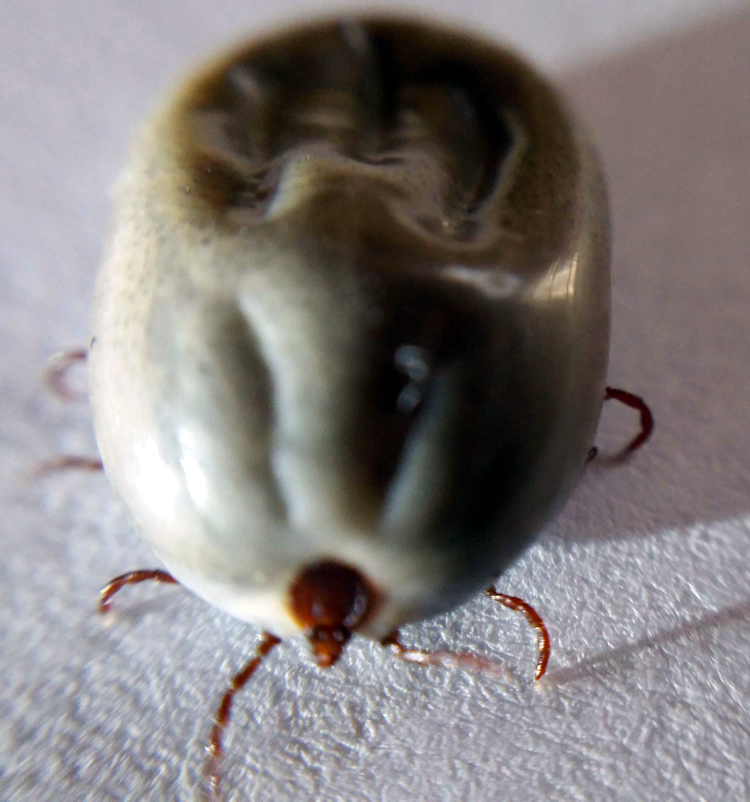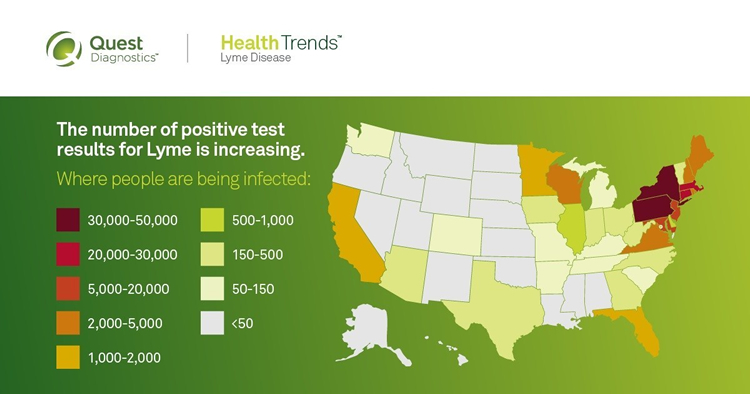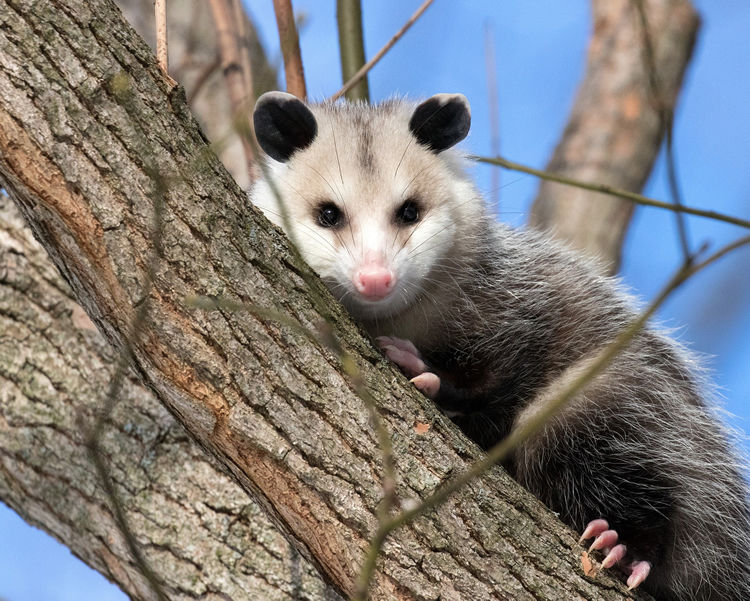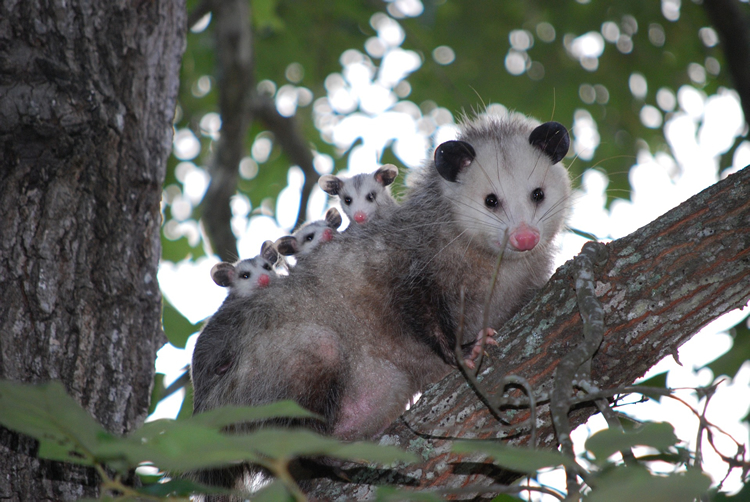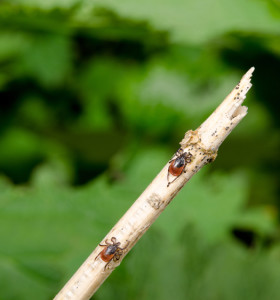Hold the phone, sound the alarm – this is a piece of contradictory news!
Do opossums really eat large quantities of ticks? Over the last 13 years, articles, blogs, and Social Media posts have been written and shared millions of times. These bits of information, including my own blogs, stated that one opossum could eat up to 5,000 ticks in one season. Notable sources, such as PBS, have reported on findings from a 2009 study, which suggested that opossums were insatiable tick eaters. But are they really?
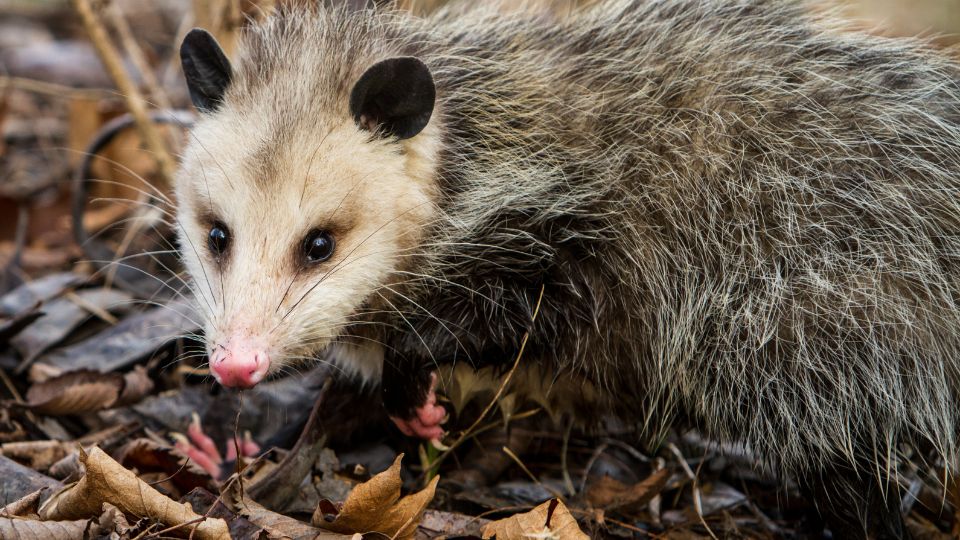
A new study for a new age.
In 2021, researchers performed specific analyses of the contents of the stomachs of opossums, taken from their natural habitats. Black-legged ticks have been of particular interest, because they transmit Lyme disease, most often from the white-footed mouse, to humans. When the contents of their stomachs were viewed via dissecting microscope, zero tick body parts were identified. Zip. Zilch. Nada.
Does this mean that opossums don’t eat ticks at all?
Further studies must be performed on opossums in their natural habitats to determine whether they eat available ticks. However, the 2021 study certainly suggests that opossums do not prefer ticks over other food sources.
Where did the previous study go wrong?
The 2009 study to determine if opossums eat ticks ran afoul of logic in a couple of ways. First, the study was performed in a lab. Secondly, the conclusion that the studied opossums ate 90% of the 100 ticks in the lab with them was reached without examination of the opossums bodies or stomach contents. Over a four-day period, 100 ticks were placed in a laboratory with opossums. At the end of the study, the number of ticks that had fallen off the opossums were counted. The conclusion that they actually consumed the ticks was reached via assumption that any ticks not found had been eaten.
There is hope with tick control methods beyond Mother Nature’s own.
 The circle of life, predator versus prey will always be. By Mother Nature’s providence, there are natural tick eaters. These include chickens, frogs, lizards, and other wildlife. Perhaps the opossum is in that category too, or maybe not. But one thing is for sure. There are effective tick control methods that you can employ to help your family avoid the threat of ticks. Professional, year-round tick control companies provide families peace of mind with barrier protection spray in the warm months, followed by tick tubes in the late autumn and winter.
The circle of life, predator versus prey will always be. By Mother Nature’s providence, there are natural tick eaters. These include chickens, frogs, lizards, and other wildlife. Perhaps the opossum is in that category too, or maybe not. But one thing is for sure. There are effective tick control methods that you can employ to help your family avoid the threat of ticks. Professional, year-round tick control companies provide families peace of mind with barrier protection spray in the warm months, followed by tick tubes in the late autumn and winter.

